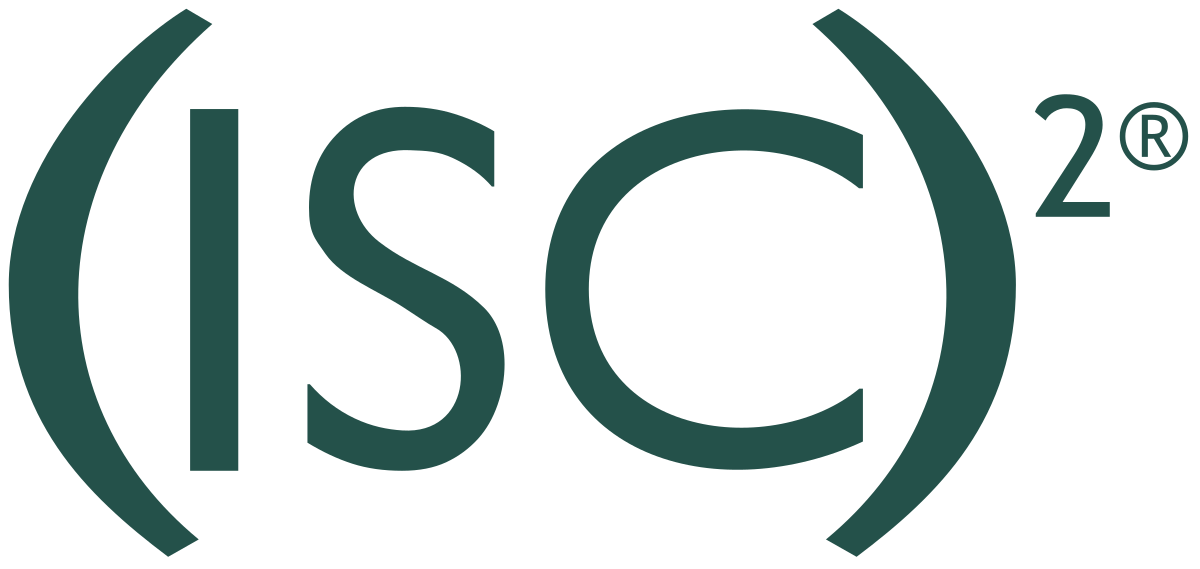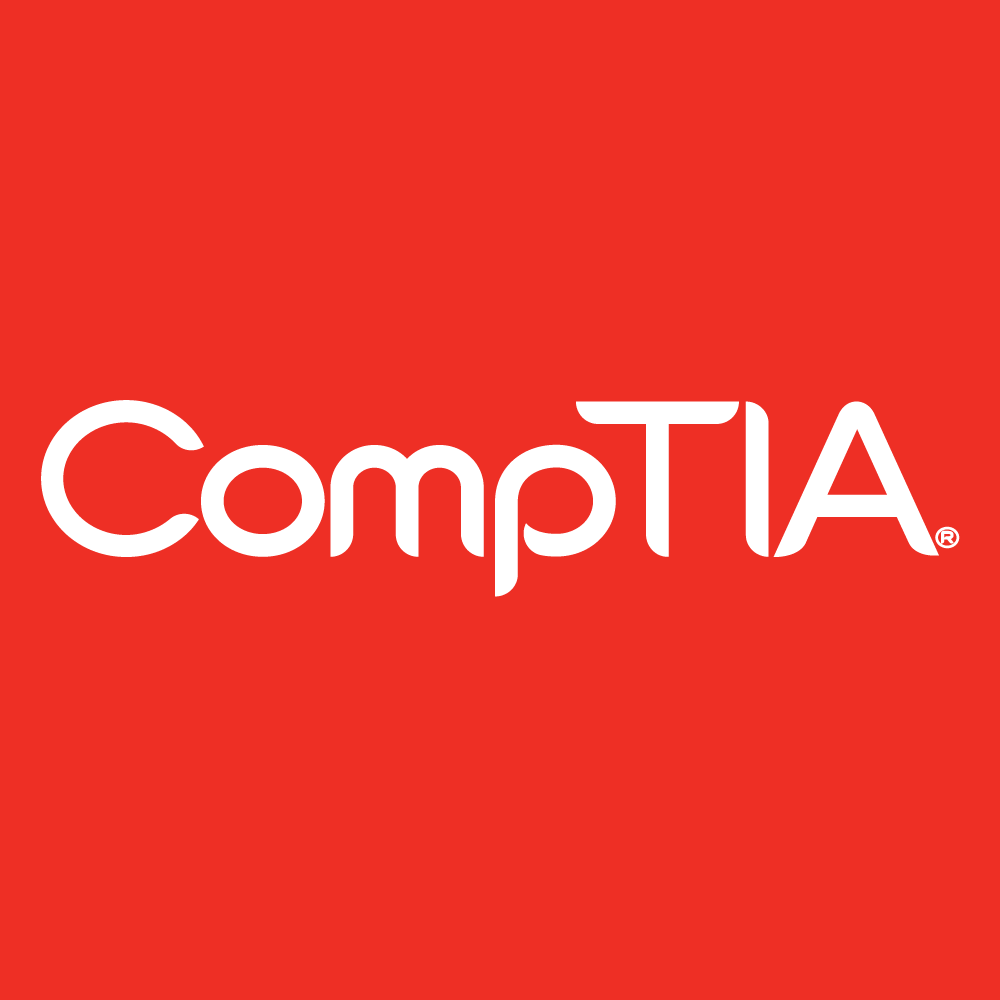
Information technology security certifications benefit both employees and the companies they work for. IT staff with IT security certifications help minimize cyber threats and attacks, which can cost companies about $400 billion annually. Investing in IT staff with advanced security certifications reduces a company’s chances of contributing to those sunken costs.
Employers want to hire IT staff with the most up-to-date cybersecurity knowledge, training, and exposure to the ever-changing landscape of cyber threats and penetration methods. Additionally, with the rampant ways companies are hourly or daily threatened with an internal or external cyber threat, businesses need highly trained IT security staff to stay on top of and mitigate threats.
What Is a Good IT Security Certification?
A hierarchy exists between the different levels of IT security certifications that is driven by years of experience more than the worth of any single certification. For example, GIAC Security Essentials (GSEC) does not have any experience prerequisites, whereas CompTIA Security+ and EC-council Certified Ethical Hacker require two years of experience, and other IT security certifications like CISSP or CISM require five years or more.
As you gain experience in the IT discipline, you can explore different security certification paths to fit your desired goal. In this article, we’ll review the most respected certifying organizations and consider other deciding factors like cost and expected salary ranges for the best certificates to pursue.
Read more: Which IT Certifications Are Worth Getting?
Best IT Security Certification Organizations
(ISC)²

Organization: International Information System Security Certification Consortium (ISC2)
IT Security Certification Exams: Popular security certifications are CISSP, SSCP, and CCSP. ISC2 has other security certifications, including CAP, CSSLP, HCISPP, CISSP-ISSMP, and Associate of ISC2.
Prerequisites: CISSP and the CCSP require a minimum of five years of full-time working experience. SSCP is more accessible, requiring only one year.
Exam Cost: CISSP exam costs $699, CCSP is $599, and a SSCP exam will cost $249.
Who Should Get This Certification: CIOs, CISOs, IT Directors, IT Managers, Security Analysts, Security Managers, and Network Architects.
Expected Salary: The average salary for those with the CISSP is $110,000, and for the SSCP the average salary is $93,000. CCSP certification offers the highest average salary at $134,000.
EC-Council

Organization: Electronic Commerce (EC)-Council
IT Security Certification Exams: EC-Council offers Certified Ethical Hacker (CEH), Certified Security Analyst (CSA), and Line Penetration Tester (LPT). Other notable EC-Council security courses include CSCU, ECSS, EDRP, CHFI, and CND.
Prerequisites: CEH has two pathways for testing — an accredited training program, or two years of work experience. The CSA exam requirements are the same as CEH; however, candidates must pass the CEH and CSA exams first for the LPT exam.
Exam Cost: The EC-CEH exam voucher is $950, the EC-CSA exam is $350, and a course that preps a candidate for the LPT exam (including a test voucher) is $2,199.
Who Should Get This Certification: Security Officers, Network Infrastructure Managers, Network Analysts, and Site Administrators.
Expected Salary: The average salary for those with the EC-CEH is $101,000, the EC-CSA is $79,000, and the LPT certification offers an average salary of $102,000.
CompTIA

Organization: CompTIA
IT Security Certification Exams: CompTIA’s Security+ is one of the more popular IT security certifications, and can introduce you to IT security. Cybersecurity Analyst (CySA+) is more advanced than its counterpart, Security+. Other courses offered are PenTest+, Linux+, and Cloud+.
Prerequisites: It’s recommended that potential exam takers a complete Network+ course combined with two years of IT experience for Security+. For CySA+, it’s recommended to have Network+ and Security+ certifications and four years of experience.
Exam Cost: Security+, CySA+, and PenTest+ all cost $381. The other CompTIA courses mentioned here are $348.
Who Should Get This Certification: Systems Administrators, Network Administrators, Security Administrators, IT Security Analysts, and Vulnerability Analysts.
Expected Salary: The average salary for IT professionals with a CompTIA certification is from $42,000 to $92,000.
GIAC

Organization: Global Information Assurance Certification (GIAC)
IT Security Certification Exams: GIAC Security Essentials, GIAC Mobile Device Security Analyst, and the GIAC Certified Forensic Analyst are the most popular courses offered. GIAC offers other certifications like GCIH, GPEN, GCIA, GCFE, and GNFA.
Prerequisites: There are no stated prerequisites for any GIAC exam, but it is highly encouraged to have some experience in IT cybersecurity.
Exam Cost: GIAC exams cost $1,699.
Who Should Get This Certification: Security Engineers, Security Analysts, Senior Security of Operations, Cloud Security Engineers, Incident Response Analysts, and Cyber Threat Analysts.
Expected Salary: The salary range for IT professionals with a GIAC certification is $67,000 to $108,000.
ISACA

Organization: Information Systems Audit & Control Association (ISACA)
IT Security Certification Exams: ISACA’s two popular IT security certifications are CISA and CISM. ISACA’s other certifications include the CGEIT and CRISC.
Prerequisites: For the CISA, you must have accrued five years of IT auditing, control, and assurance experience in the past ten years. In addition, five years of work experience is necessary after passing the exam for the CISM.
Exam Cost: The cost to take the CISA or CISM exams is $756 for non-members and $575 for ISACA members.
Who Should Get This Certification: Information Security Managers, Information Security Officers, Security Consultants, Information Technology Auditors, Senior Information Technology Auditors, and Internal Auditing Managers.
Expected Salary: The salary range for IT professionals with an ISACA certification is from $55,000 to $145,000.
Read more: 7 Best IT Certifications for 2022
Skills Needed to Work in the IT Security Field
Technical knowledge will come when a person applies themselves to learning basic, intermediate, and advanced IT cybersecurity practices. As a result, candidates having the following inclinations will excel faster than others interested in IT security:
- Technical aptitude
- A desire to learn through research
- Attention to detail
- Problem-solving skills
- Logical reasoning and troubleshooting abilities
A candidate with these traits has a head start on others who do not, but verbal and writing skills are also essential to be a valued IT cybersecurity technician or manager. This is because cybersecurity staff are the individuals that will develop IT security documentation and provide cybersecurity training to all company employees.
How to Choose an IT Security Certification Path
All IT security certifications have worth, providing a candidate can perform all facets of the job. However, one caution to be aware of is getting a security certification that does not align with a business’s computer and networking environment.
For example, a Linux-based company will not find it helpful if a Linux Administrator received a Microsoft Security Administrator certificate, as opposed to getting a Linux Security Fundamentals certificate. Therefore, it pays to do a little homework to get the total value out of any IT security certification.
Read more: IT Certifications vs Degree — What Should You Do?
Most Popular IT Security Positions in the Job Market
Cybersecurity jobs are plentiful, and you can sustain steady employment and income for many decades. Here are the most popular IT security positions on the market today:
- Chief information security officer (CISO) is an executive position for great communicators who work with internal staff and external clients. The CISO salary range is from $105,000 to $230,000.
- Security director is a senior-level position, which oversees IT security practices and measures in the business. The salary range for this position is from $89,000 to $182,000.
- IT security architect is a senior management position responsible for developing and testing the robustness of the security structures that protect the business’s network. The pay scale for this position starts at $85,000 and can go as high as $168,000.
- IT security manager is a mid-level position responsible for creating and executing security strategies based on the direction of a security director or CISO. IT security managers can make from $73,000 to $149,000 annually.
- Security engineer is a technical mid-level position for someone possessing knowledge in encryption practices, virtualization security, and vulnerability and penetration testing. The salary can range from $63,000 to $137,000.
Other popular IT Security positions are Malware Analyst, Penetration Tester, IT Security Consultant, Information Security Specialist, and Forensic Computer Analyst.
All these popular IT security positions are typically expected to hold IT security certifications well beyond a beginner’s security cert. As mid-to-senior management positions, it takes a combined number of years to gain the experience to perform these duties. Therefore, the value of an IT security certification combined with years of experience defines the worth of these certifications.
Read more: 10 Best-Paying IT Jobs
Remaining Current With IT Security Certifications
All reputable certifying organizations have a renewal period for anyone who has passed an IT security exam. EC-Council, CompTIA, ISACA, and ISC2 have a three-year renewal period. GIAC has a four-year renewal period.
These organizations use Continual Professional Education (CPE), which an active IT professional can earn throughout each year. When an IT professional has attained the required number of CPEs in three or four years, their IT certification is automatically renewed.
Renewals may cost an IT professional a few hundred dollars every year, but staying actively current on new malware threats, cloud vulnerabilities, or traffic interception practices is necessary — after all, new cyber threats are constantly being deployed. In addition, most employers see the value in these renewals and have programs in place to reimburse IT security staff.